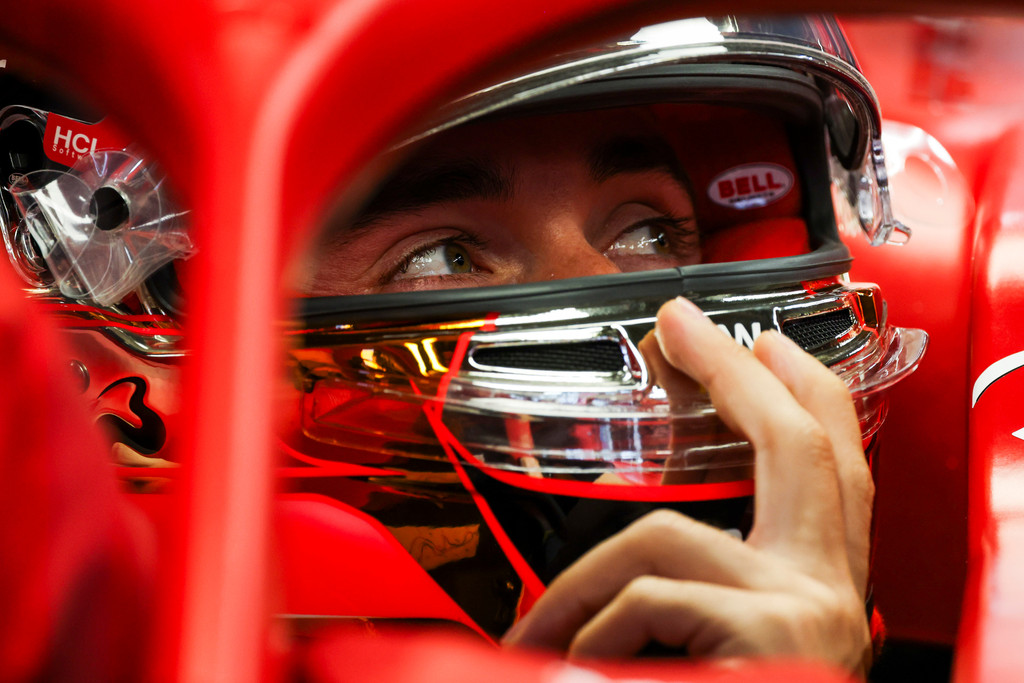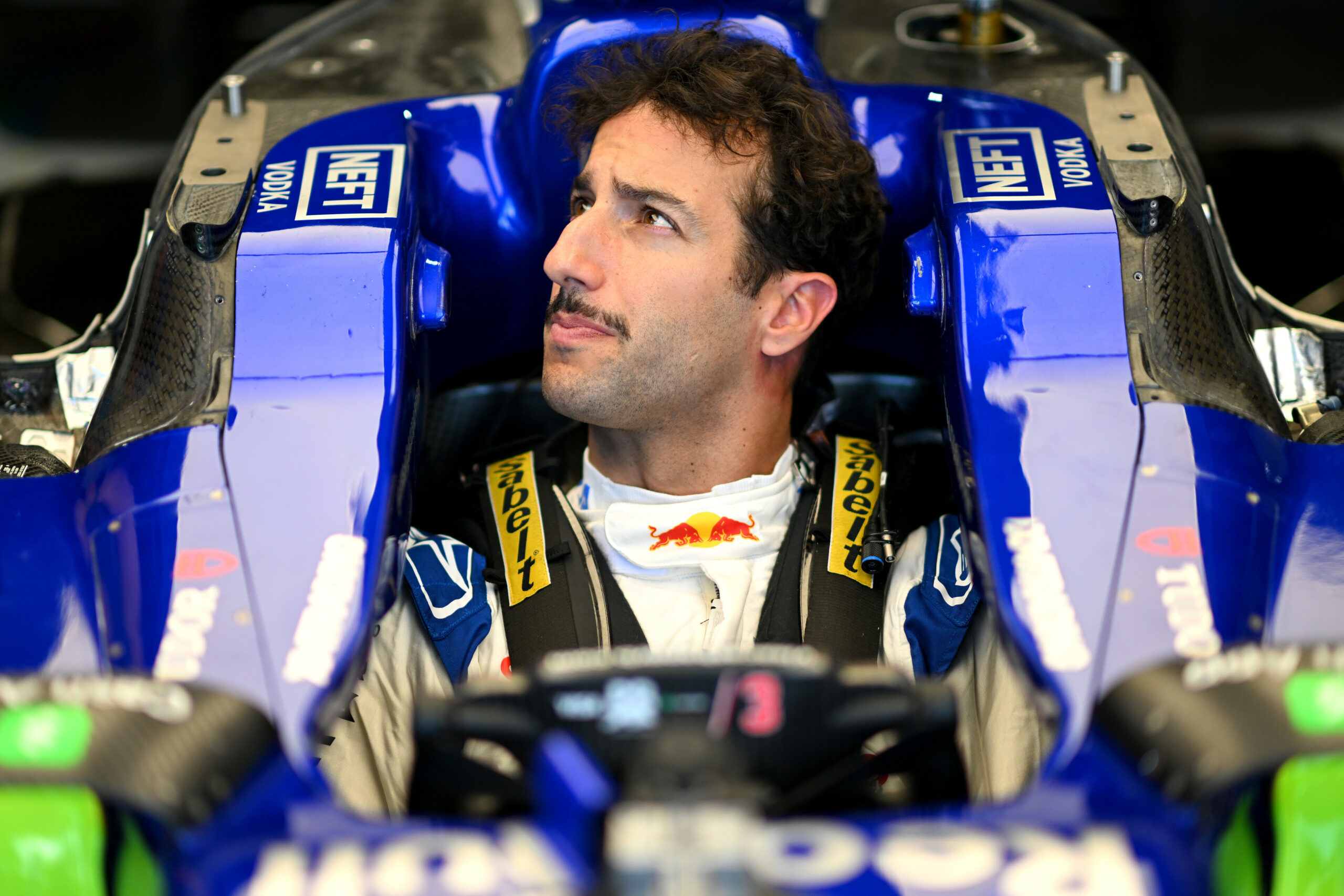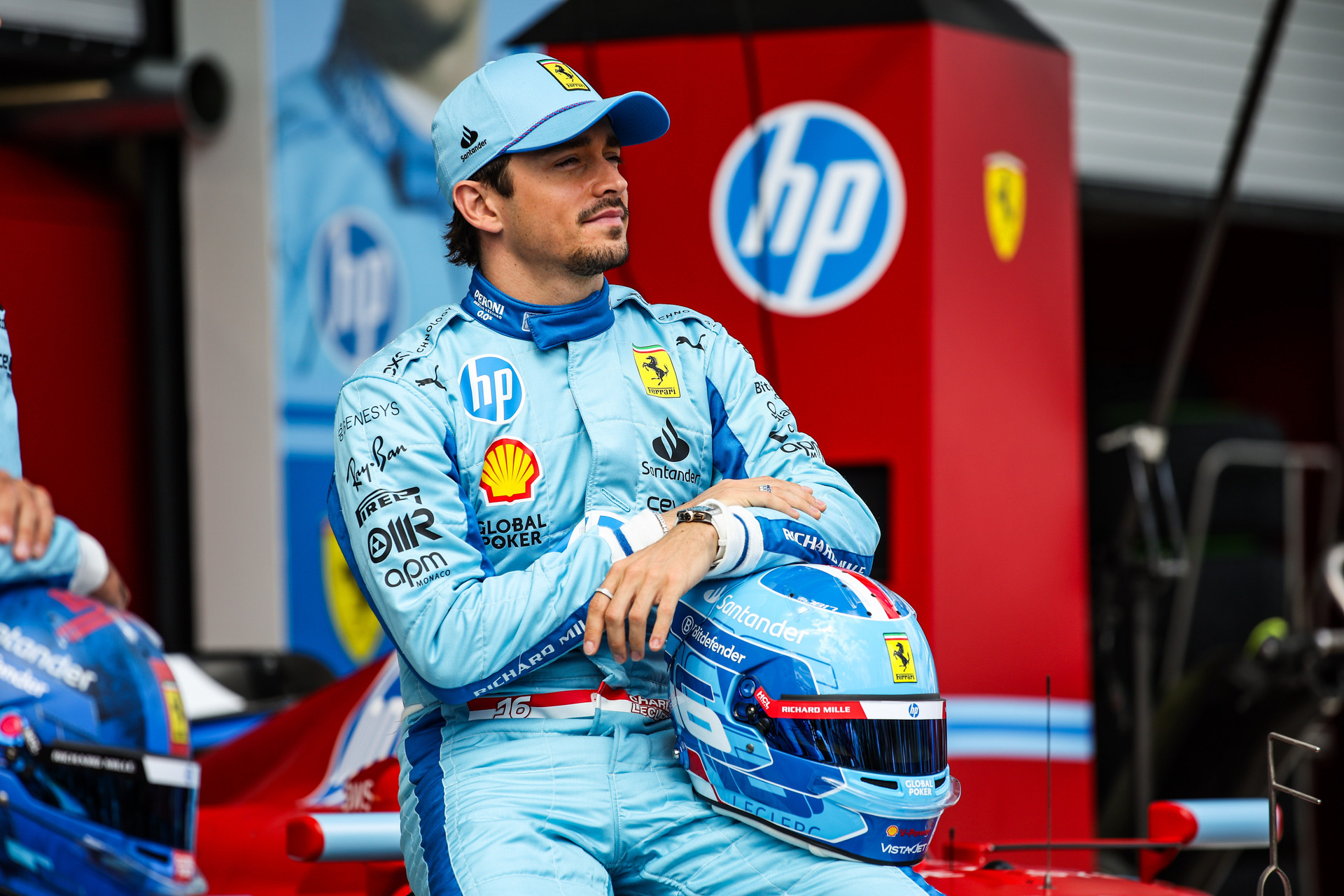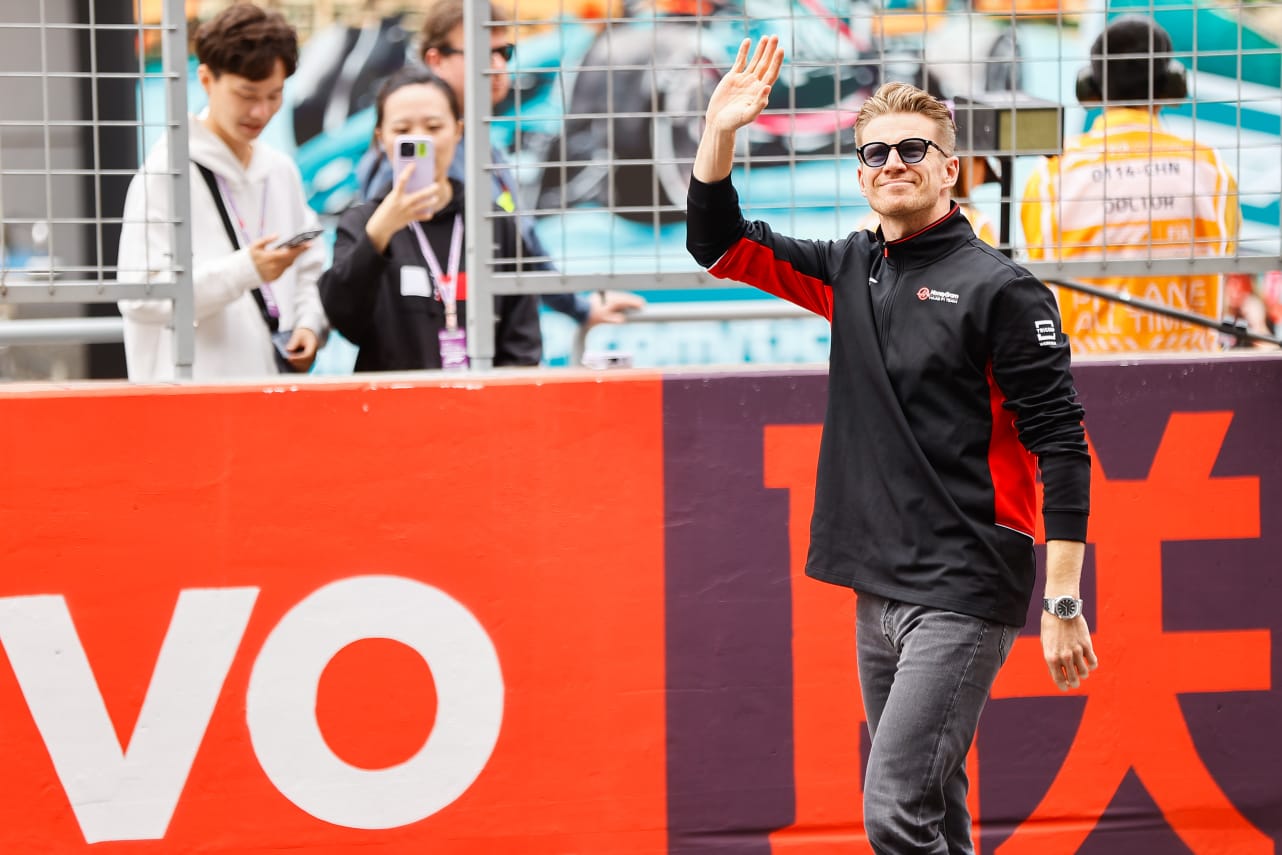It has been a week since we wrapped up the Formula One Japanese Grand Prix weekend. A race which saw multiple overtakes within the midfield, tyre strategies at play and the return of the current World Champion, Max Verstappen, on the top step of the podium.
A standard race weekend by all accounts.
The 2024 Japanese Grand Prix also marked ten years since the accident of Jules Bianchi during the 2014 Japanese Grand Prix.
In an effort to honour Bianchi, Charles Leclerc participated in the Japanese Grand Prix weekend with a special helmet matching the one the Frenchman wore.
Charles Leclerc qualified P8 for Sunday’s race — an issue with warming up the tyre temperatures in the last runs of Q3 hindered the Monégasque driver.
In came the pundits, presenting their post-qualifying analysis with their comments about a “depressed” Charles Leclerc.
Leclerc was also accused of being “emotional” after venting his frustration over team radio at Ferrari messing up the run plan at the end of FP3 by sending him out too late to complete two timed laps.
At best, it is plain insensitive considering the context of the weekend. At worst, it lacks empathy, it refuses to acknowledge the readily-available accounts of Leclerc’s mental strength this sport has already seen over the years.
The year is 2017. Charles Leclerc has absolutely dominated the GP2 field. The race is Baku. Leclerc lost his father earlier in the week, and yet here he was. A teenager, at the time, ready to race.
He participated in the weekend and had a rough practice session. But he ultimately qualified on pole and went on to win the feature race in the most difficult of circumstances.
2019 was Leclerc’s first season with Ferrari. We come to Spa. Charles Leclerc qualifies on pole with a hefty margin to teammate Sebastian Vettel.
He goes onto win his first Formula One Grand Prix not even 24 hours after losing a childhood friend, Anthoine Hubert, tragically killed in the Formula 2 feature race shortly after F1 qualifying. Leclerc dedicated his first win to his friend.
Grief is such a private emotion. It is all the love you never get to express to the person you have lost. Every one of us experiences and expresses our grief differently.
Charles Leclerc is an F1 driver, who has proved time and time again he is more than capable of seperating his personal life from his performance on track, as Baku 2017 and Spa 2019 has shown.
The Ferrari driver is also a human being. Having such a private sentiment be discussed, or rather, “analysed” by F1 media on live television to explain away a recurring issue, something not isolated to this particular weekend — one would assume such callousness from an anonymous twitter account, not someone who does this for their living.
The 5-time race winner might have started the 2024 Japanese Grand Prix on the back foot. But he phenomenally executed a one-stop strategy — which most of the paddock thought was out of question.
Leclerc expertly extended his first stint on the mediums, putting himself in contention and in front of the McLarens. He finished the race in P4.
It’s not the first time this has happened either. Lewis Hamilton went through a tricky time on track in 2011 and certain pundits speculated that he was “depressed” and a “troubled soul” because of things going on in his private life.
Again, it’s incorrect to speculate on what a driver is going through in their head — it’s up to the person themselves to share such personal information if they feel comfortable in doing so. It’s also their right not to say anything about it.
What happens in the personal lives of drivers has got nothing to do with F1 pundits or fans.
It is time that the pundits stopped delivering inconsiderate and cheap remarks about mental health. Focus on lap times, driving styles and analyse the on track performances of each driver.





